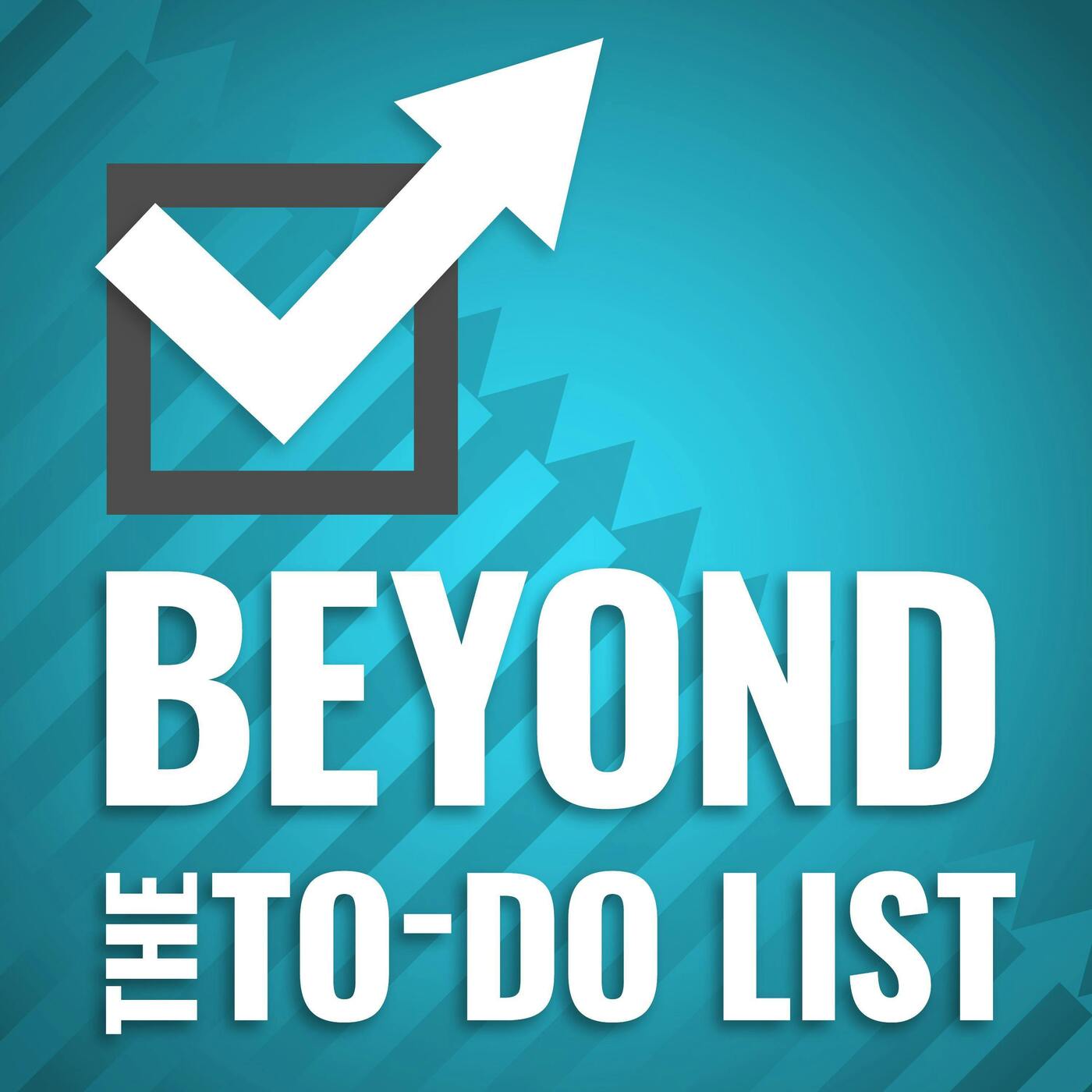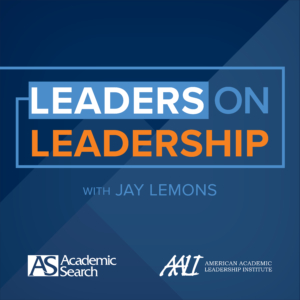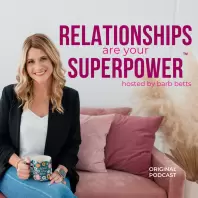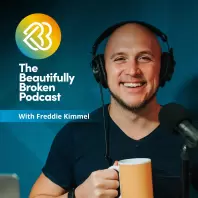Shawn Lemon is the founder of The Digital Organizer, where he helps individuals and teams eliminate friction and chaos in their digital workflows. In this episode, we go deep into digital file systems, tool audits, naming conventions, AI clutter, and the underestimated cost of daily digital disorganization.
This isn’t about color-coding your folders for fun—it’s about recovering your focus, time, and mental energy by organizing your digital life on purpose.
In this episode, we cover:
- What Digital Organization Actually Means: It’s not about perfection—it’s about finding what you need in seconds, not minutes.
- The Core Four Systems: Files, email, passwords, and communication tools. Nail these, and everything else falls into place.
- Solo Business vs. Teams: Why even solo entrepreneurs create hidden chaos—and how to stop duplicating effort across tools.
- Avoiding the Frankenstein Stack: How tool sprawl (Google Docs + Dropbox + Box + iCloud…) is draining your time and brainpower.
- The Pitfalls of AI-Generated Clutter: As creation gets easier, organizing what you make becomes more important than ever.
- How to Tame GPT Projects and Prompts: Why you need a training folder, naming conventions, and even visual breadcrumbs for your GPT knowledge base.
- Digital Hoarding is Real: Most businesses only use 5% of their files regularly—find that 5% and prioritize from there.
- The Real Cost of Disorganization: How wasted time and duplicated work affects your bottom line—and what to do about it.
- How to Make Digital Organization a Project (Not a Forever Problem): Treat this like a sprint, not a slow drip. Get in, get organized, and get back to work.
- Focus Over Friction: Why triaging your tools, tasks, and systems one at a time is the fastest way to reclaim productivity.
Whether you’re a solopreneur juggling too many tools or a leader managing team chaos, Shawn’s approach can save you hours a week—and a ton of mental load.
Start with his quiz at thedigitalorganizer.com/beyond to find your digital organization score and get free access to his file organization guide and resource library.
Connect with Erik:
This Podcast is Powered By:
Make sure to grab Shortcasts from Beyond The To-Do List by Blinkist. A Shortcast is a 7-10 min version of a podcast where you get the core takeaways.
See Privacy Policy at https://art19.com/privacy and California Privacy Notice at https://art19.com/privacy#do-not-sell-my-info.











